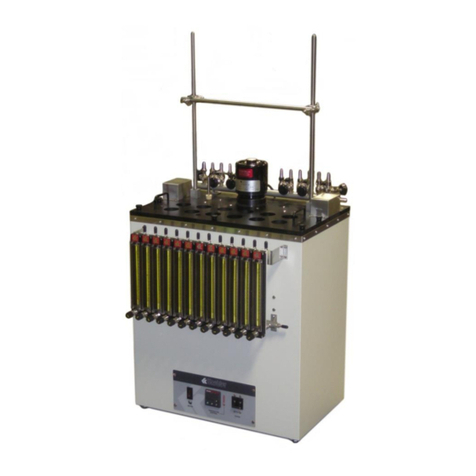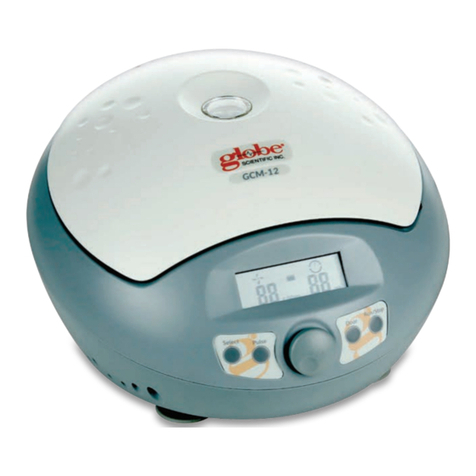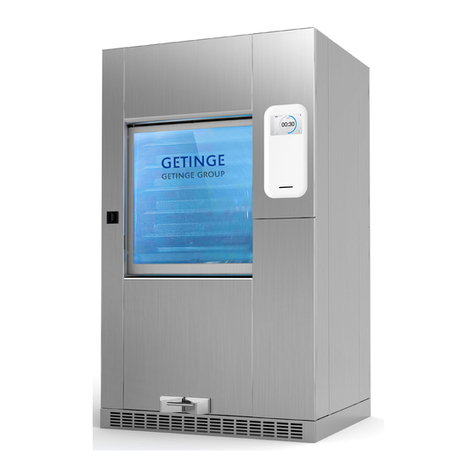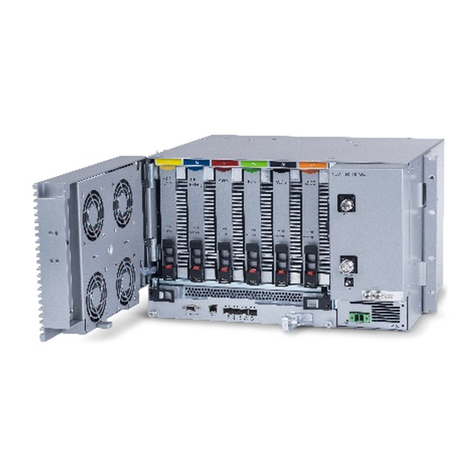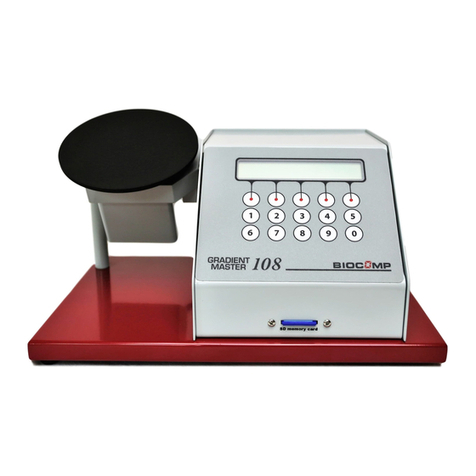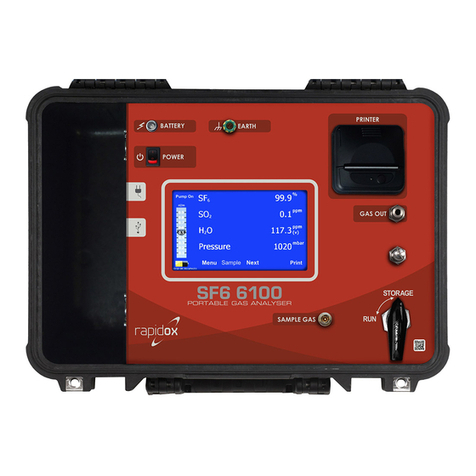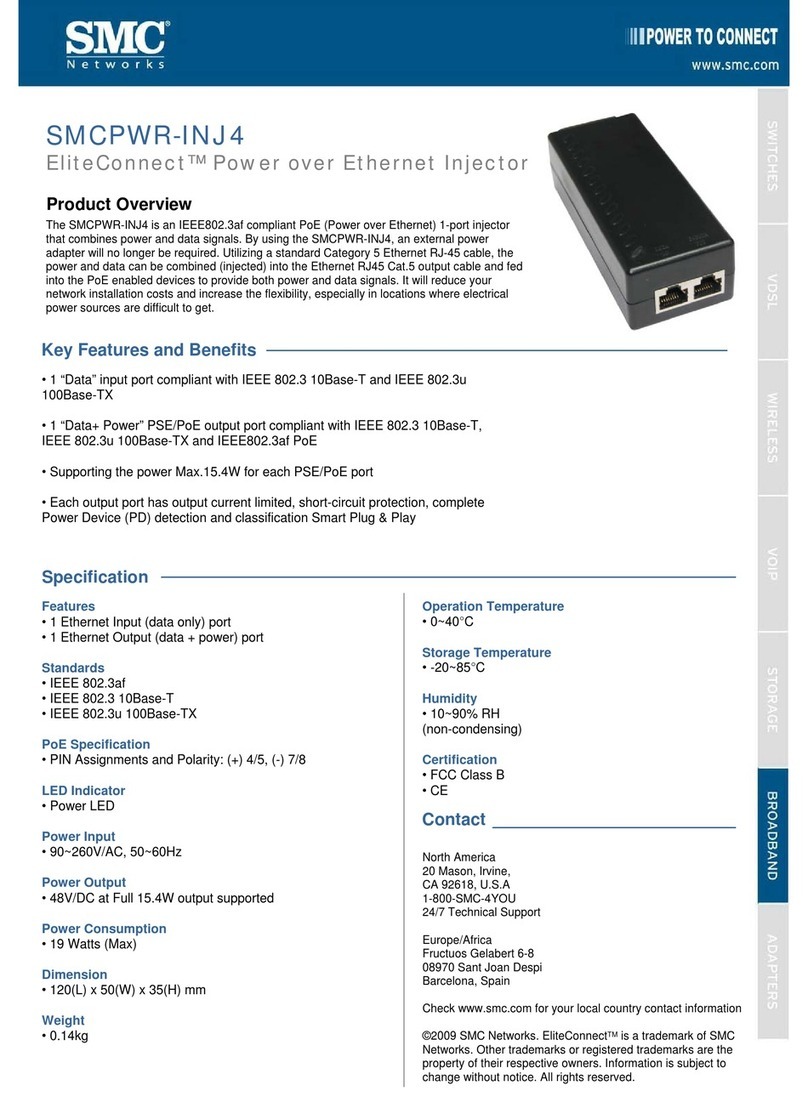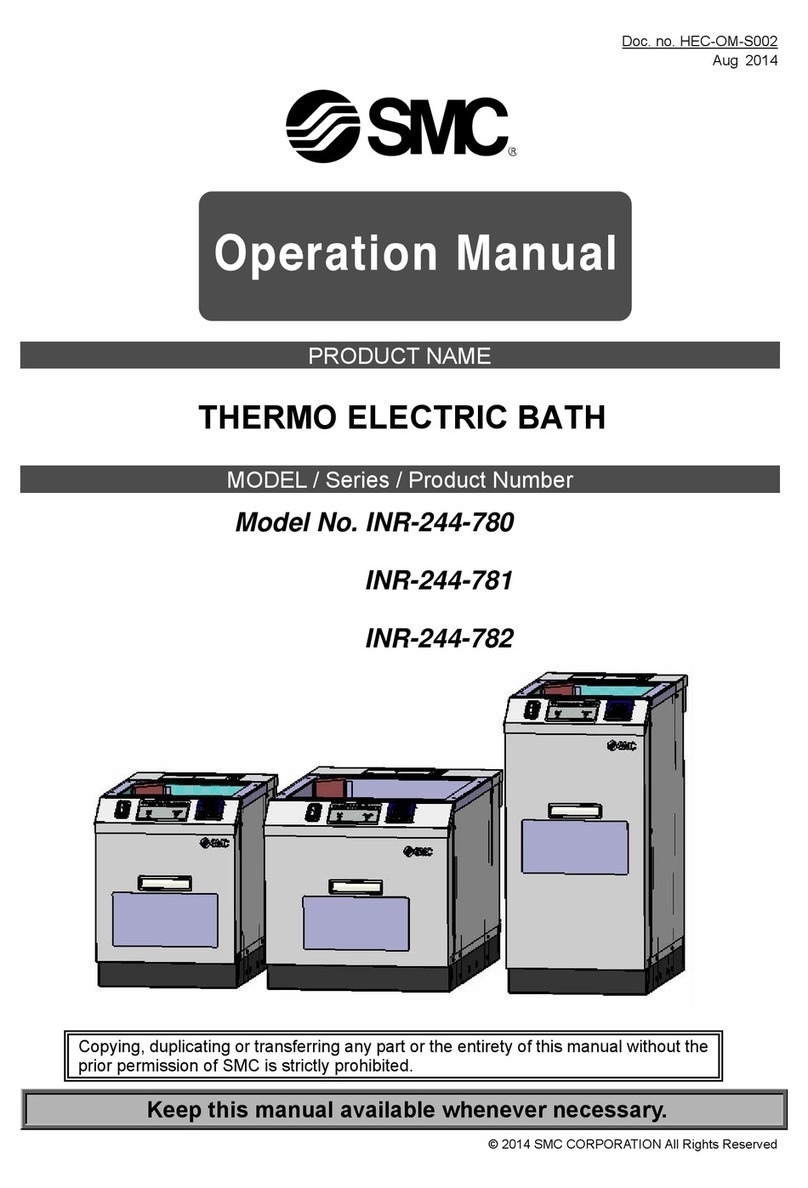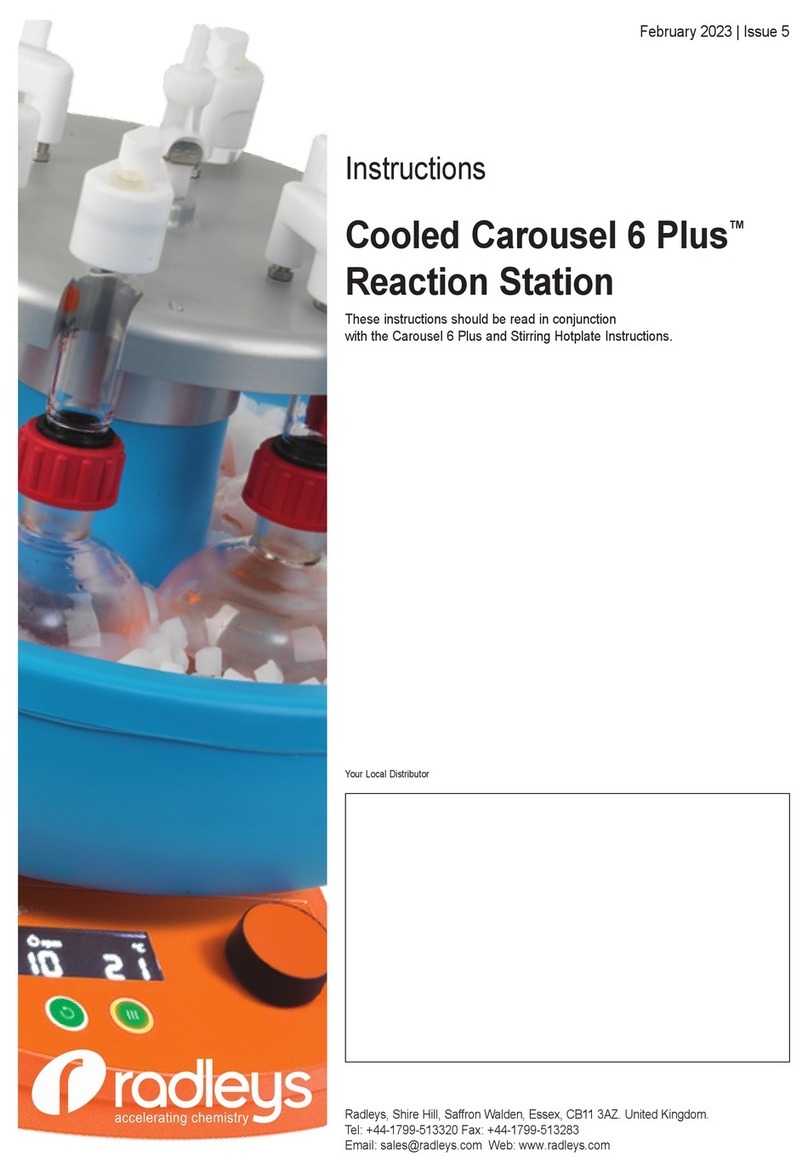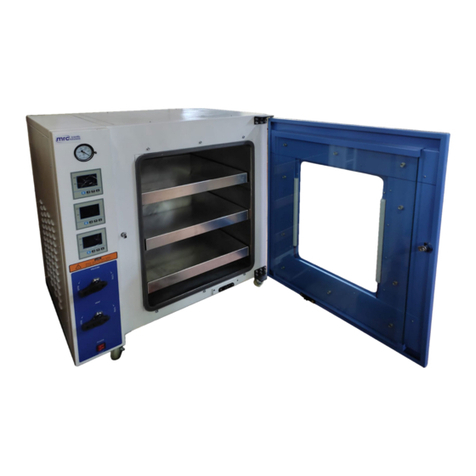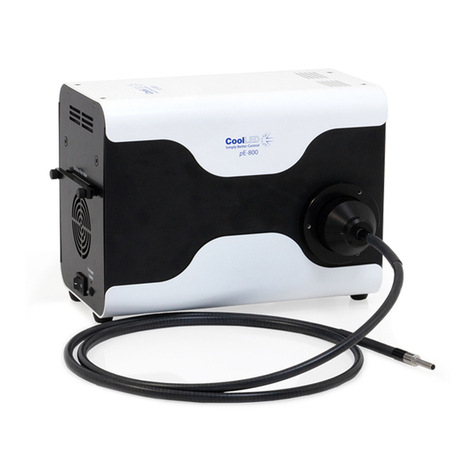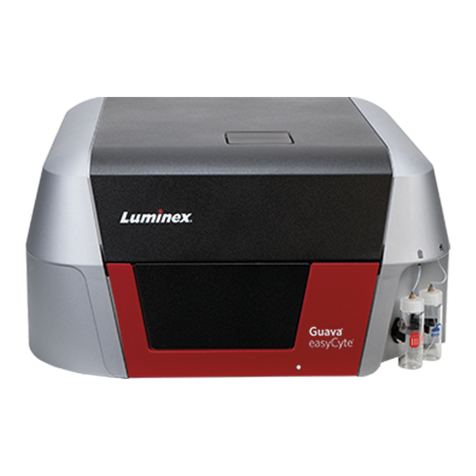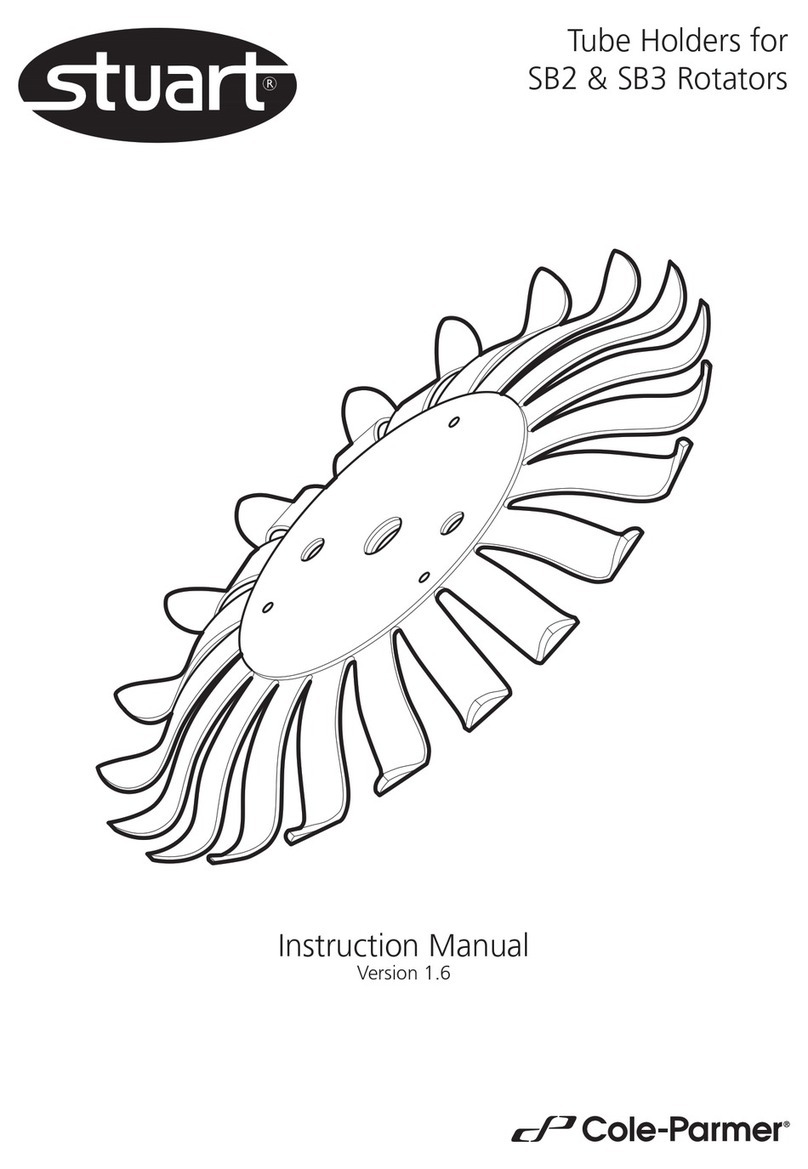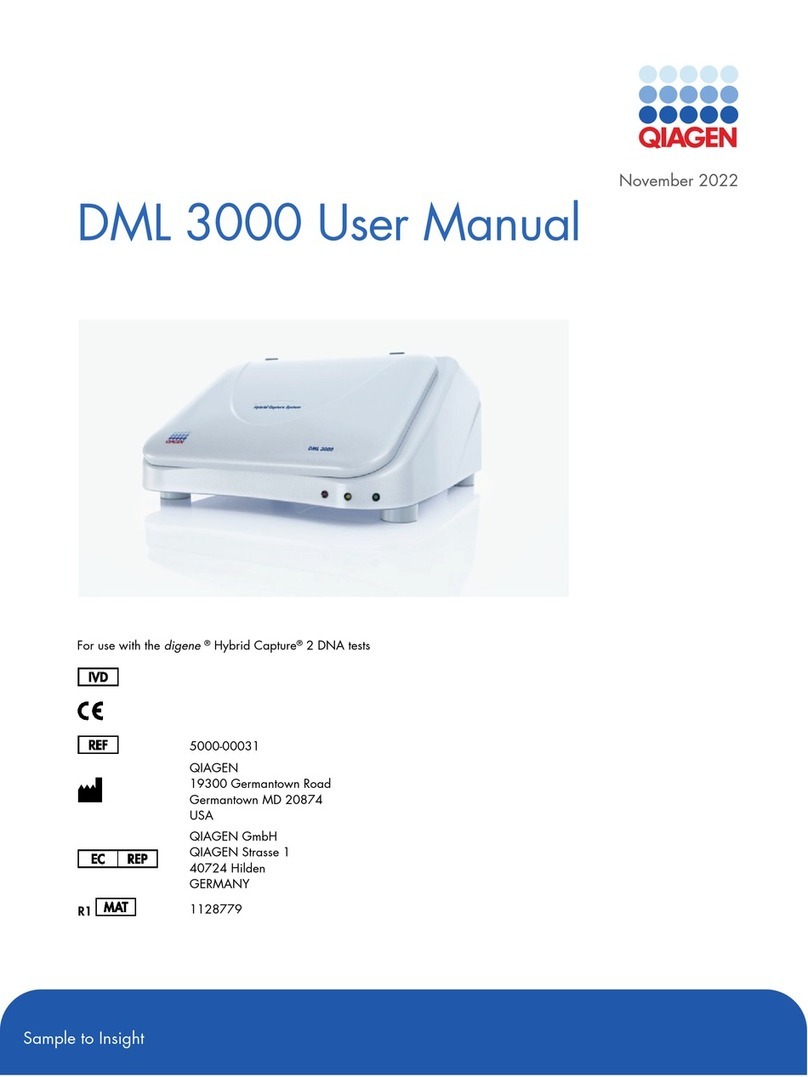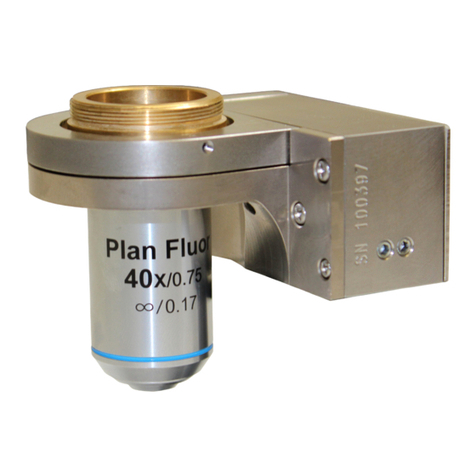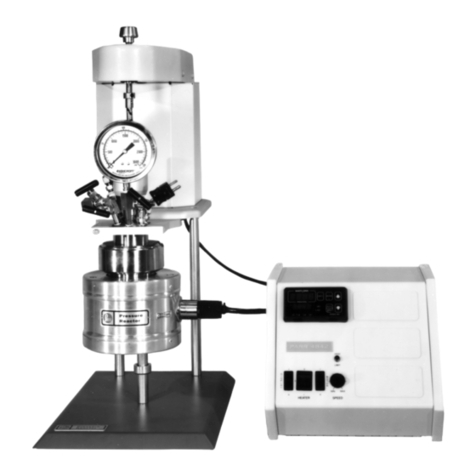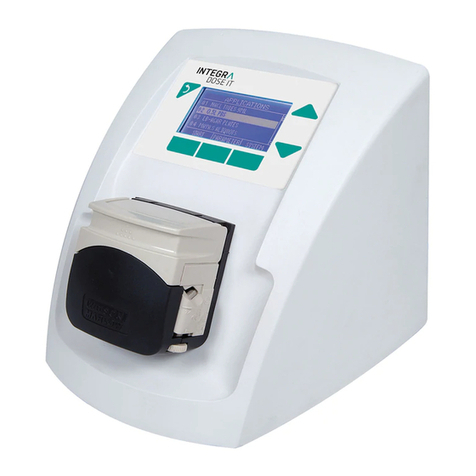
HEC-OM-O018-A
Table of Contents
TOC-2
4.4 Turning ON power .....................................................................................................4-5
4.5 Setting of Values .......................................................................................................4-5
4.6 Cautions for Operation Control ...............................................................................4-7
Chapter 5 Operation .............................................................................. 5-1
5.1 Operation of Controller.............................................................................................5-1
5.1.1 Details of Controller ............................................................................................................. 5-1
5.1.2 Setting of Data ..................................................................................................................... 5-2
5.1.3 Selection of Operation Mode ............................................................................................... 5-3
5.1.4 Details of Operation Mode ................................................................................................... 5-4
5.1.5 Selection of Setting Mode.................................................................................................... 5-6
5.1.6 Selection of Initial Setting Mode .......................................................................................... 5-7
5.1.7 Details of Initial Setting Mode .............................................................................................. 5-7
5.1.8 Selection of Control Setting Mode ....................................................................................... 5-8
5.1.9 Details of Control Setting Mode........................................................................................... 5-9
5.1.10 Selection of Communication Setting Mode........................................................................ 5-11
5.1.11 Details of Communication Setting Mode ........................................................................... 5-11
5.1.12 Initial Value and Setting Range for Each Mode................................................................. 5-13
5.2 Alarms ......................................................................................................................5-14
5.2.1 Content of Alarms ..............................................................................................................5-14
5.2.2 Troubleshooting .................................................................................................................5-15
Chapter 6 Maintenance.......................................................................... 6-1
6.1 Regular Maintenance ................................................................................................6-1
6.1.1 Draining the Bath liquid........................................................................................................6-2
6.1.2 Check strainer and clean the bath....................................................................................... 6-2
6.1.3 Check liquid surface waving ................................................................................................ 6-2
6.2 Before returning the product ...................................................................................6-3
Chapter 7 Appendix ............................................................................... 7-1
7.1 Outline Dimensions...................................................................................................7-1
7.1.1 INR-244-733/-736/-745/-747 ............................................................................................... 7-1
7.1.2 INR-244-734/-746 ................................................................................................................7-2
7.1.3 INR-244-748/-749 ................................................................................................................7-3
7.2 Specifications ............................................................................................................7-4
7.3 Performance Chart .................................................................................................... 7-6
7.3.1 Cooling Capacity.................................................................................................................. 7-6
7.3.2 Heating Capacity ................................................................................................................. 7-6
7.3.3 Facility Water Pressure Loss ............................................................................................... 7-7
Chapter 8 Warranty ................................................................................ 8-1
8.1 Limited warranty and Disclaimer/Compliance Requirements...............................8-1
8.2 Compliance Requirements ....................................................................................... 8-2

